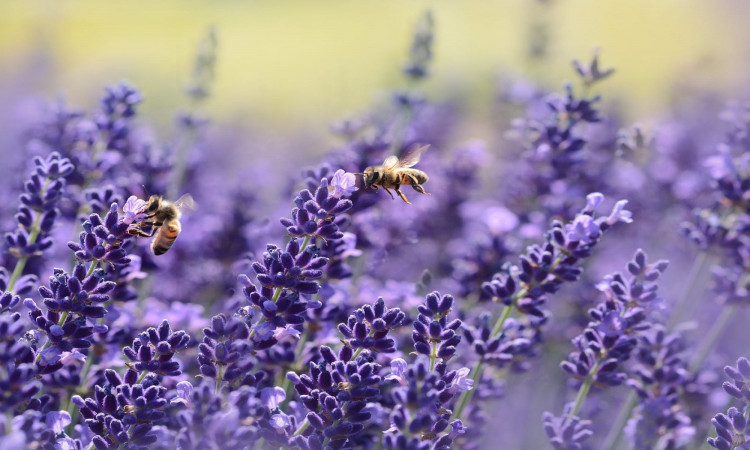As noted by ecologist E.O. Wilson, "Insects are the small things that govern the world."
At least 87 of humanity's primary crops rely on insects, yet their survival on our planet is becoming increasingly difficult. A new study has discovered how human-caused disturbances interact to exacerbate problems for a wide range of insects, from beetles to flies.
University College London ecologist Charlie Outhwaite and colleagues examined how increases in insect number and biodiversity trended over 20 years in response to two factors: agricultural intensity and climate warming, using data on insect abundance and biodiversity from over 6,000 distinct places throughout the world.
Scientific evidence, on the other hand, paints a mixed picture, with certain insect species seeing significant reductions while others remain stable.
The current study gathered information on approximately 20,000 insect species, including bees, ants, butterflies, grasshoppers, and dragonflies, from over 6,000 different places.
Possible causes are similar to those identified for other biodiversity loss, with studies identifying: habitat destruction, including intensive agriculture; pesticide use (particularly insecticides); urbanization and industrialization; introduced species; and climate change. Not all insect orders are affected in the same way; many groups are the subject of limited research, and comparative figures from earlier decades are frequently unavailable.
When there was enough natural habitat, however, insect decreases were drastically decreased in the area. In places where three-quarters of natural habitat remained intact, the number of insects fell by just 7% on average, as well as the variety of new types fell by only 5%, compared to 63 and 61 percent in areas where less than a quarter of natural habitat remained intact.
This includes reducing farming intensity by diversifying crop types grown in one area (moving away from monoculture farming) and using fewer pesticides and fertilizers. All of these actions provide insects with more safe places to retreat to during hot weather, as well as ensure there is enough food and other resources for them to continue doing the work on which we all rely.
However, the researchers found some reason for optimism in the fact that reserving land for nature produced a haven for insects, which require shade to thrive in hot weather.
"We need to recognize how vital insects are for the environment as a whole, as well as for human health and the environment," study investigator John Mcgovern said, "in responding to the challenges we pose to them before many species are lost forever."






